Captain Fantastic? Think again, it's all in the head
Mansour Chow suggests the leadership debate doesn't warrant the fuss...
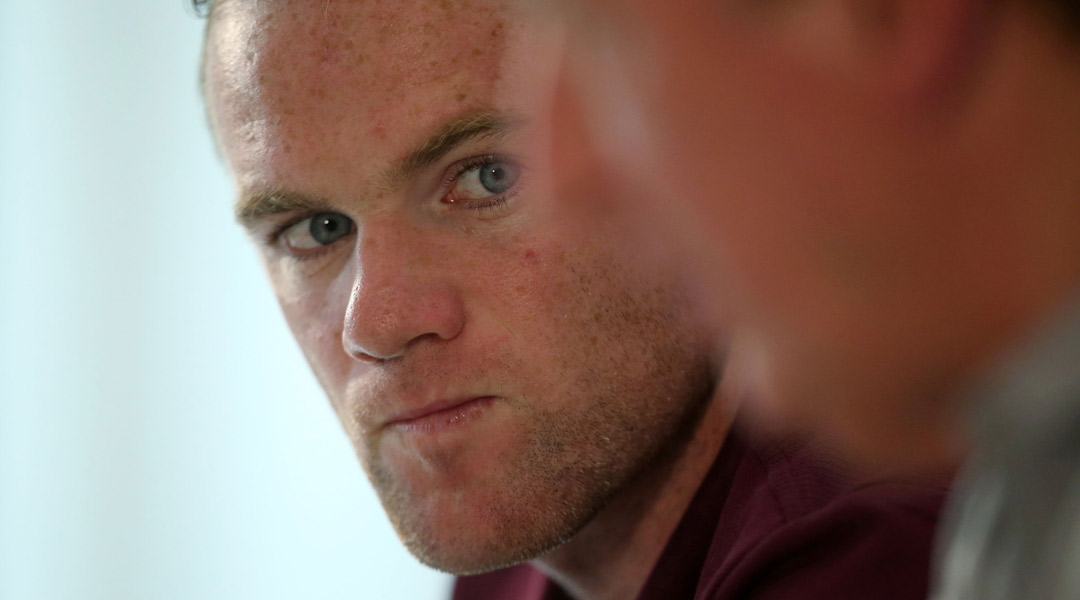
There is great romance to our ideas of a football captain. We tend to think of some of the world's greatest players rousing their troops to victory. It's inspiring to remember them willing their team-mates to success. It's romantic to think that they, and in turn, we, can make a difference.
But do captains really matter? Does a football team really need a captain? Is this team of adults incapable of functioning without one of them wearing a silly armband?
The answer to all of these questions is, of course, no. But that's only obvious if you agree. If you don't agree, this is going to be quite a ride.
It is absurd to think that captains are particularly important in football – absolutely absurd. But as the psychologist Daniel Kahneman puts it: "We know that people can maintain an unshakeable faith in any proposition, however absurd, when they are sustained by a community of like-minded believers."
When we keep hearing players talking about the importance of their captain or explaining what an honour it is to be captain; when we keep reading in the news about a captain being dropped, speculation as to who will be the next captain and what makes a good captain; when we listen to commentary about a captain inspiring their team to victory – it's no surprise that we start to think the captain might actually be important.
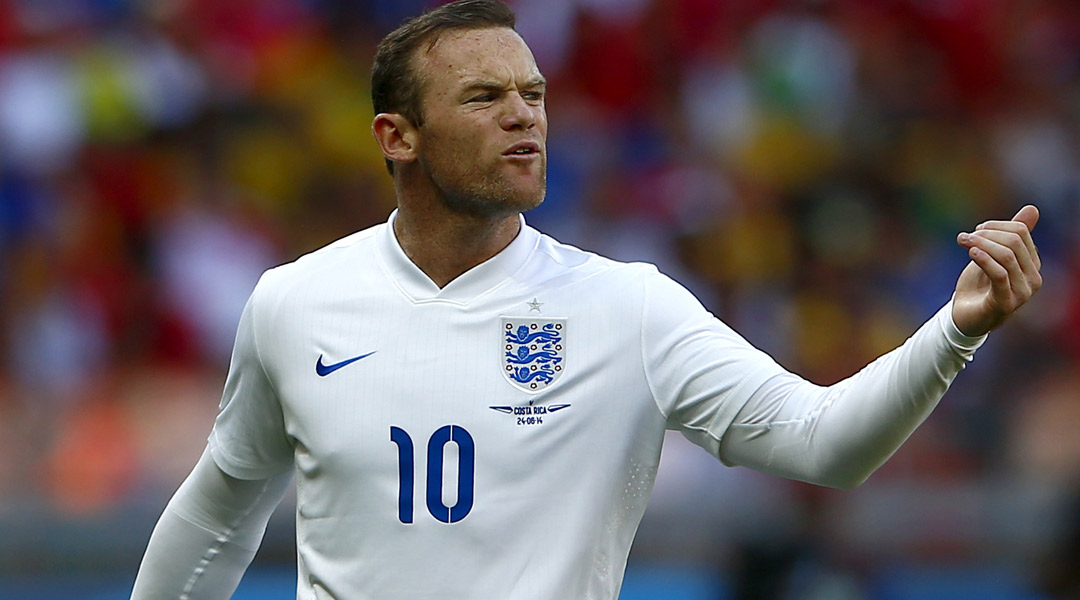
As a result, opinions become close to cemented and almost impossible to disregard, even in light of alternative evidence. Add to this our conversations with friends and colleagues, and we find ourselves in a cycle of communal reinforcement. If we have any doubts, they will soon pass when we ask ourselves: "If the England football captain isn't important, then why is everyone talking about it?"
Remember the hits and forget the misses
Get FourFourTwo Newsletter
The best features, fun and footballing quizzes, straight to your inbox every week.
It will also help us to understand why we repeatedly believe in the role of a captain being more than a glorified coin-toss caller by looking at the dark world of psychics. Psychics use a technique referred to as cold-reading, incorporating the use of vague statements and picking up a reaction to them from individuals based on their vulnerabilities and natural desire to find meaning in all aspects of life. The psychic takes advantage of this phenomenon to seemingly make remarkable prophecies, but only because we assign meaning to the vague statements they give us.
In 1948, a psychologist called Bertram Forer gave to students what they believed was an individual personality reading and asked them to rate from 1-5 (1 being poor, 5 being excellent) how well the reading applied to them. The students were stunned that Forer had produced such an accurate reading of their personalities, giving him an average score of 4.26. However, Forer had given the same reading to all of his students and had relied on what were actually fairly vague statements found in an astrology column. But the students bought it.
So when we have a vague idea of what we want from a captain, it's not much of a surprise to see that our captains seem to fit those criteria fairly well. For example, they tend to lead by example; be passionate, professional, inspirational and motivational; they tend to have good experience.
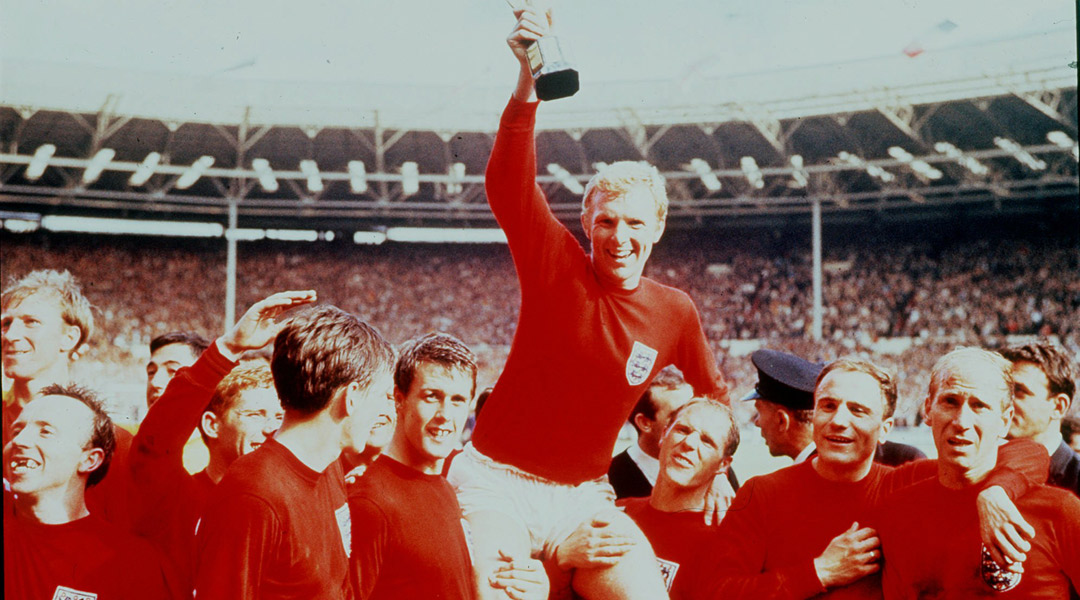
When a psychic makes predictions and assessments, not only do they benefit from using vague terms and picking up on the desire of their subject to find meaning to their statements, they also benefit from subjects suffering from selective memory. The outcome of which is to remember the hits and forget the misses.
In the book Flim-Flam!, James Randi reviewed videotapes of psychic readings with their subjects, finding, on average, only 1 in 14 of the psychic's statements were correct. Basically, when we recall what the psychic told us, we reinforce the idea that the psychic is competent because we've forgotten all the mistakes they've made.
Extrapolating those findings to the world of football, when we think of a captain's we think of the iconic images of Bobby Moore holding the Jules Rimet trophy aloft, Terry Butcher with blood-stained bandage around his head, Steven Gerrard taking the European Cup final match against AC Milan by the scruff of the neck, David Beckham inspiring England to World Cup qualification with a last-minute equaliser against Greece in 2002, and John Terry throwing himself face first in an attempt to block a shot against USA in the 2010 World Cup*.
Confirmation bias
And what about all the other images we could have of captains, like Roy Keane deliberately clattering an opponent, or Zinedine Zidane's explosion in the final of 2006? Well, we tend to somehow perceive these events as further evidence of why they are such good captains overall. We assess these moments as a demonstration of the passion we want in a captain – a collateral hazard we're willing to accept.
More significantly, what about all those games when the captain (and perhaps the rest of the team) took part in an unmemorable, boring performance? Remember those games? Of course you don't. Even if they might have been more memorable we're prone to selectively remember only the parts that reinforce our existing prejudices.
Humans are flawed. We suffer from confirmation bias. Leo Tolstoy summed up this phenomenon beautifully: "The most difficult subjects can be explained to the most slow-witted man if he has not formed any idea of them already, but the simplest thing cannot be made clear to the most intelligent man if he is firmly persuaded that he knows already, without a shadow of a doubt, what is laid before him."
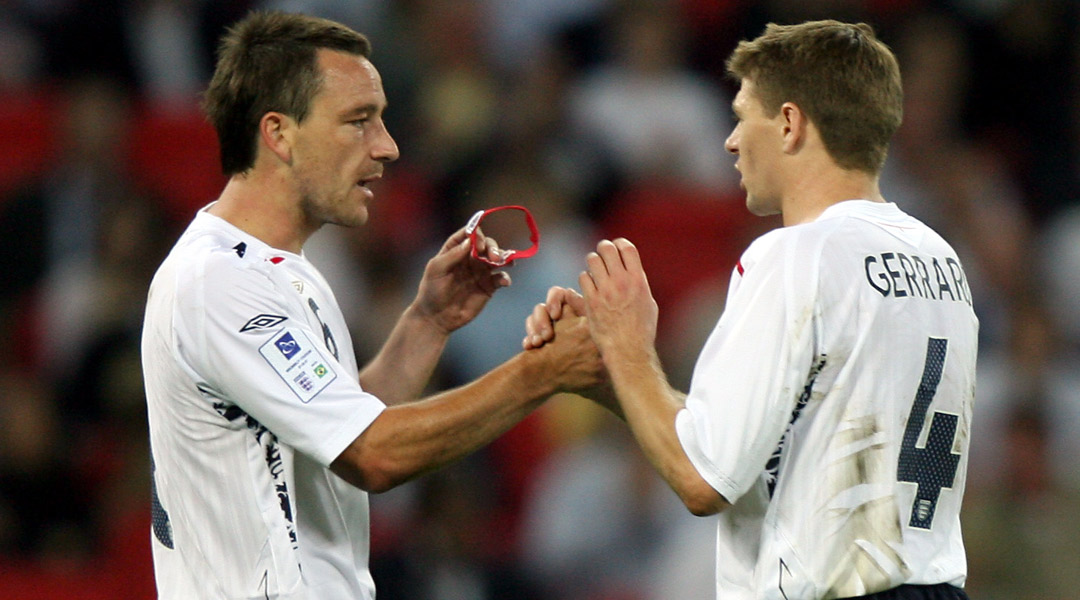
If you asked a Chelsea fan a few years ago whether Terry should have been England captain, you'd have got a very different opinion to a QPR fan. But how do we really test for and against the criteria of a good captain, and isn't it a case that our assessments are largely dictated by what we think of the captain in the first place? If we don't like them, we'll find evidence to support our belief. If we like them, then we'll find evidence to show that they fit the criteria.
Repeated psychological studies have demonstrated that not only can we take the same information and use it to support seemingly polar opposite opinions; we repeatedly disregard or look for a higher burden of proof in evidence which goes against our beliefs. So if we think that the captain is an important position then we're going to pay more attention to the evidence that supports this hypothesis and ignore the evidence against it, or ask for more evidence. As Paul Simon puts it: "A man hears what he wants to hear and disregards the rest."
Placebos
It would have been a nice place to wrap up there, but there is one sneaky bit of psychological evidence which shouldn't really be ignored. And this is perhaps the only way in which the captain might, and stress might, make a difference – that is if you consider the captain as a placebo. It's perhaps a stretch too far, but rather than fall foul of confirmation bias, it is only fair to talk about them.
In 1794, an Italian doctor experimented with treatments for toothache and found when he rubbed worm secretions on a sore tooth, his pain went away. He went on to use this on a patients suffering toothache and discovered that 68% reported that their pain went away for a year. Now, this writer's understanding of worm secretions isn't great but he'd hazard a guess that the reason for its effectiveness in treating tooth ache was because the doctor and the patients believed it would work.
Modern psychology has largely gone to prove the efficacy of placebos (at least in subject perception over the observable physical improvements attributed to the placebo), so much so that modern pharmaceutical companies are expected to test their products against placebos to demonstrate efficacy. If there are no significant improvements to using the drug over a placebo then it's a no go as a seller (well, kind of; there are some examples of dodgy experiments and evidence supporting the development and sale of certain medicines but there's no time for that here).
What can we learn about the placebo that might help us understand more about the football captain? Well, if it's anything, it's that if a captain can make a team more successful or the team can be perceived as more successful simply because that player is captain, then it's only because the manager, fans and the team-mates believe he can.
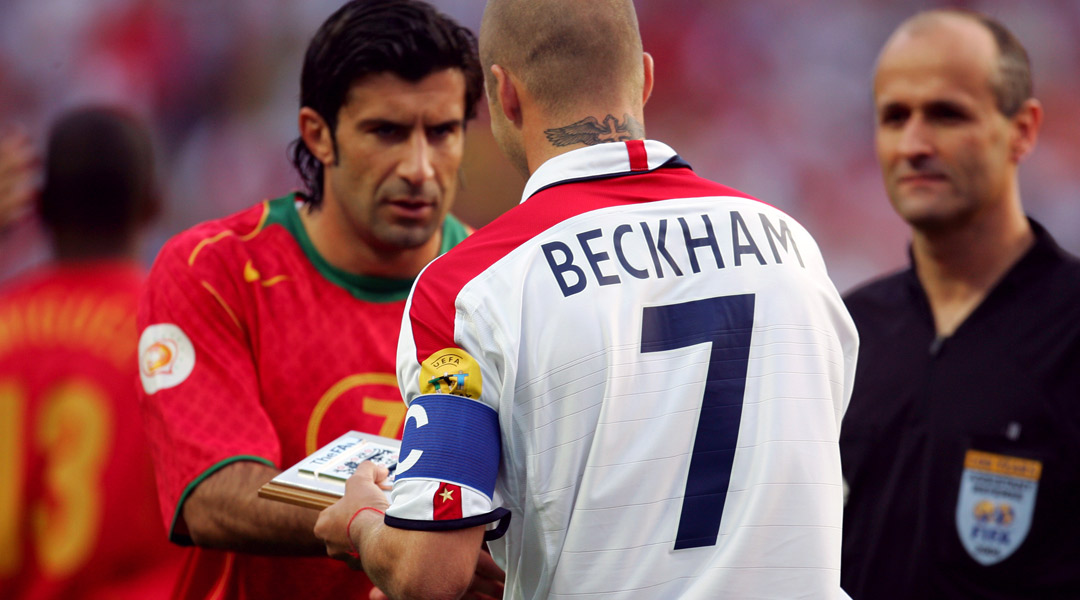
Interestingly, however, is that the perceived price of a placebo actually affects its efficacy. A team at Massachusetts Institute of Technology, headed by behavioural economist Dan Ariely, tested a painkiller placebo on one group of subjects and told them its value was $2.50 per dose. Nearly all the subjects reported that the placebo was effective in reducing pain. However, when they tested the same placebo on another group of subjects and told them its value was 10 cents per dose, only around half of the subjects reported that the placebo was effective in reducing pain.
On a similar note, the reported effects of painkillers can vary significantly according to the packaging. Cheap no frills packaging result in subjects reporting the pills contained as less effective, even if the pills in the flash packaging were exactly the same.
How might this be extrapolated to the world of football and, in particular, captains? Well, when Sven-Goran Eriksson chose David Beckham as his England captain in 2000 it might have been one of the better judgements of his tenure. He could have chosen a no-nonsense captain but Beckham was expensive and well packaged and, as a result, perhaps he worked far more effectively as the placebo captain of England than Gary Neville ever would have.
In essence, the only reason a captain improves, or is perceived to improve, a team's performance is because his team-mates and the fans are willing to believe it. Captains are, at best, little sugar pills with armbands.
*Some of the more observant readers might point out that John Terry wasn't even captain in the 2010 World Cup; others will be kicking themselves that they suffer from some of the fallacies pointed out in this article.
